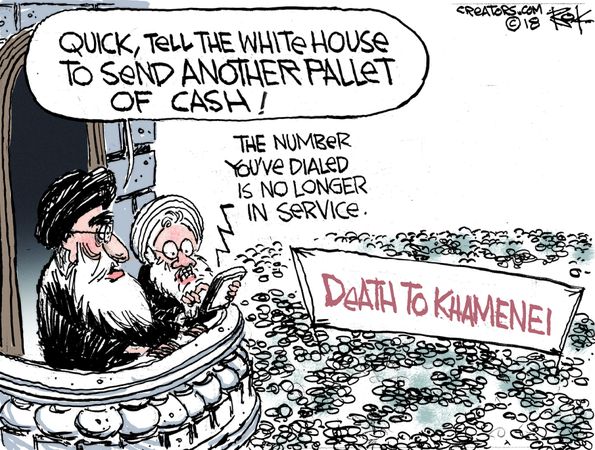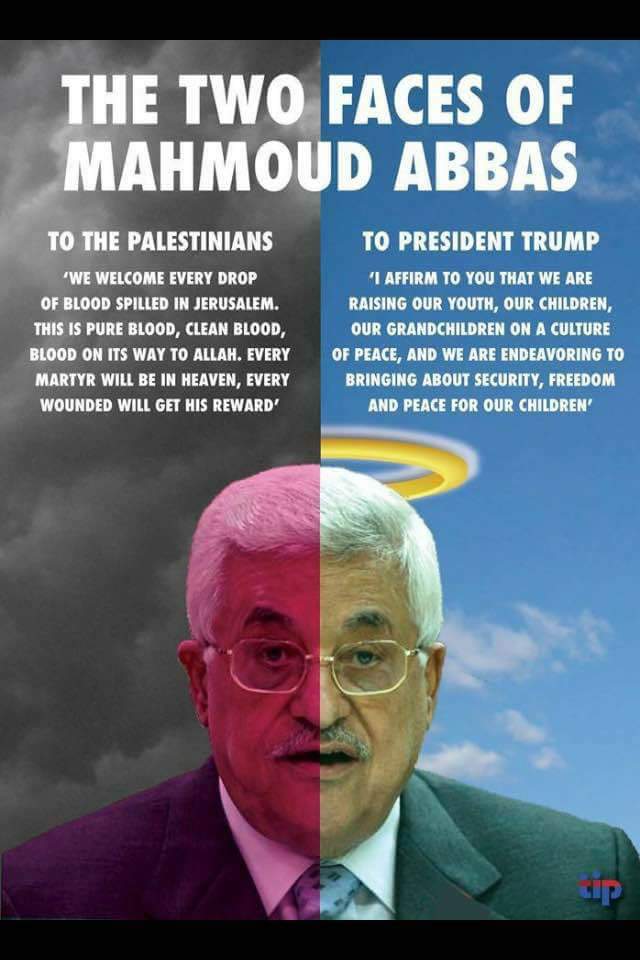 |
| Qalandia "refugee" camp in the West Bank |
From
Times of Israel on Tuesday:
Responding to a reporter’s question on whether the US will continue to provide funding for the UN Relief and Works Agency, which provides aid to millions of Palestinian refugees, in light of a non-binding UN General Assembly resolution last month condemning the US recognition of Jerusalem as Israel’s capital, [Nikki] Haley said Trump was prepared to cut aid to UNRWA if the Palestinians refuse to return to peace talks.
“I think the president has basically said that he doesn’t want to give any additional funding until the Palestinians are agreeing to come back to the negotiation table,” Haley said. “We’re trying to move for a peace process but if that doesn’t happen the president is not going to continue to fund that situation.”
“The Palestinians now have to show their will — they want to come to the table. As of now they are not coming to the table but they ask for aid. We’re not giving the aid,” added Haley. “We’re going to make sure they come to the table and we want to move forward with the peace process.”
An article in
Palestine Today says in Arabic what the Palestinians try not to say in English.
If UNRWA cannot get funded, then the "refugee" issue would fall to the UNHCR.
The UNHCR would not consider the vast majority of the people under UNRWA's mandate to be refugees.
As the article says, the entire point of UNRWA, from the Palestinian perspective, is to artificially keep the "refugee" issue alive - until the descendants of the refugees from 1948 are allowed to "return" to Israel.
Why would any self-respecting state, as the Palestinians consider themselves, want their own people to move to an enemy state? A state that they claim has an apartheid system against them, no less?
Absurdly, the demand for Arabs of Palestinian descent to move to Israel doesn't only apply to those who languish in "refugee" camps in Lebanon, Syria and Jordan, but also to every single resident of the camps in the West Bank and Gaza - under Palestinian control!
Nothing makes the goals of Palestinian nationalism as clear as their demands to perpetuate and fund the fake "refugee" status of their people until they can "return."
UNHCR tries to resettle refugees in other countries so they can rebuild their lives in peace and security. UNRWA wants to keep their "Palestine refugees" to be stateless until they "return" to Israel.
The goal is not to build a state for Palestinians but to destroy Israel. And it always has been.
Everyone knows that "return" is a demand to destroy Israel from the inside. But the international community won't say this out loud. The claim that Israel is somehow obligated to adhere to a tortured reading of a
part of a single
paragraph of a non-binding General Assembly resolution is still considered a cogent argument from the world that is still frightened of Arab terror. They pretend that the unique UNRWA definition of "refugee" has the same legal weight that the real definition of refugee has. (Not one European or even Arab country will accept asylum applications from UNRWA's "Palestine refugees" unless they are real refugees from Syria, for example.)
The entire UNRWA ecosystem has been subverted and repurposed since the 1950s with the single goal of destroying Israel - by keeping Palestinian Arabs in stateless misery - under the pretense of human rights.
The goals of Mahmoud Abbas' PA, of Fatah and Hamas, of the "pro-Palestinian" agitators, are all the same. And the "refugee" issue is all the proof you need.
We have lots of ideas, but we need more resources to be even more effective. Please
donate today to help get the message out and to help defend Israel.






































